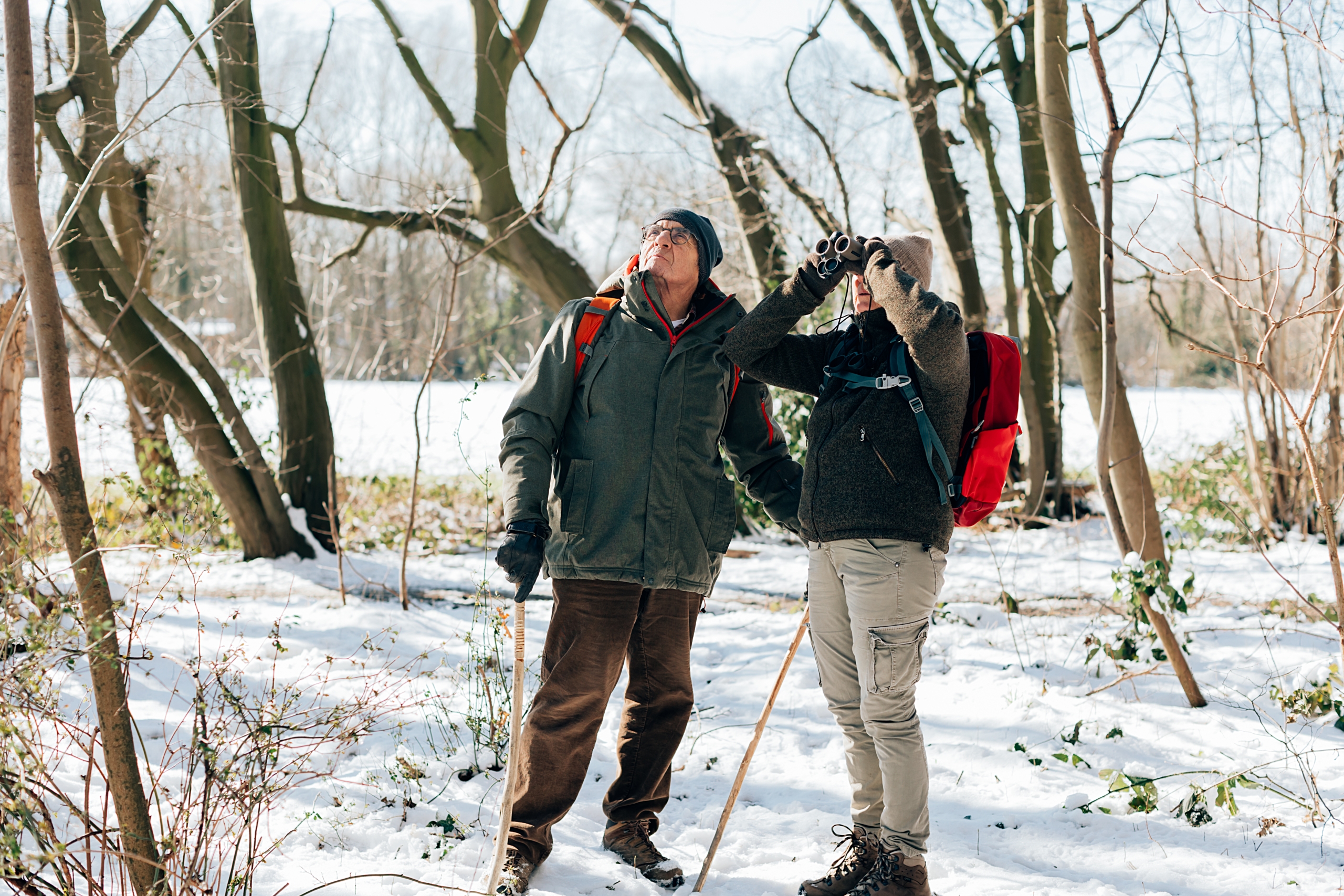Unlocking the Mysteries of Leap Year: Nature’s Perspective
Leap year, a phenomenon that occurs once every four years, is a fascinating quirk of our calendar system. While it may seem like a purely human construct, the concept of a leap year has intriguing implications for the natural world around us. In this blog post, we’ll delve into the mysteries of leap year and explore its significance from a nature-centric perspective.
- The Astronomical Basis: At its core, leap year is a correctional measure designed to synchronize our human-made calendar with the astronomical year, which is the time it takes for Earth to complete its orbit around the sun. This journey around the sun takes approximately 365.25 days, hence the need for an extra day every four years to balance out the discrepancy.
- Impact on Seasons: While leap year might seem like a minor adjustment, its effects ripple through the cycles of nature. One of the most significant impacts is on the seasons. Without the correction provided by leap year, over time, our calendar would drift out of alignment with the natural rhythms of the Earth. This could potentially lead to significant disruptions in seasonal patterns, affecting everything from plant growth to animal migration.
- Phenological Changes: Phenology, the study of cyclic and seasonal natural phenomena, offers valuable insights into how leap year influences the behavior of plants and animals. Researchers have observed that certain events, such as the blooming of flowers or the migration of birds, are intricately tied to the changing seasons. Leap year helps to ensure that these phenological events remain synchronized with the calendar, allowing organisms to adapt and thrive in their environments.
Leap year serves as a reminder of the intricate dance between human constructs and the natural world. While it may seem like a simple adjustment to our calendars, its implications for nature are profound. By ensuring that our calendars remain aligned with the rhythms of the Earth, we can continue to appreciate and steward the wonders of the natural world for generations to come.



